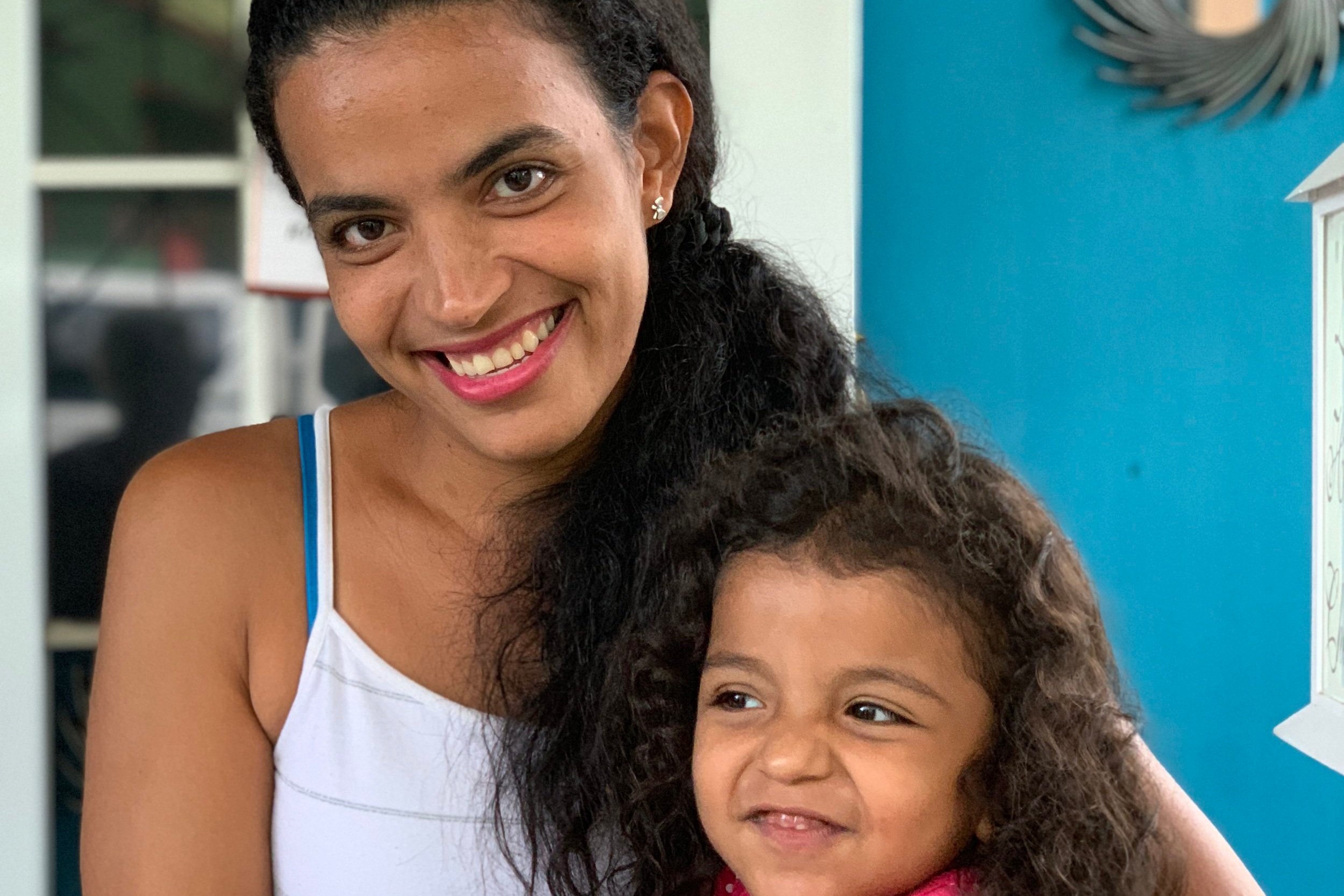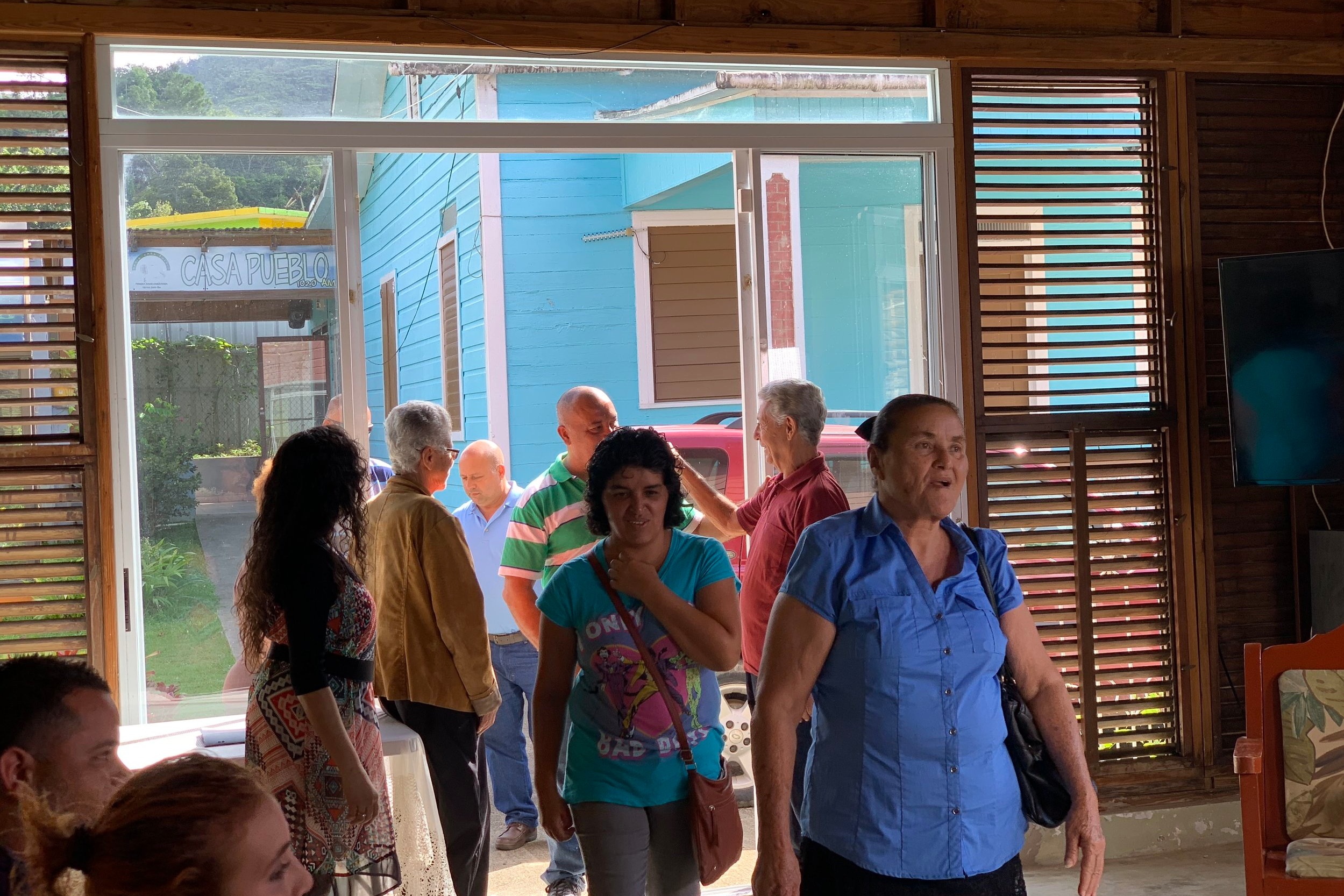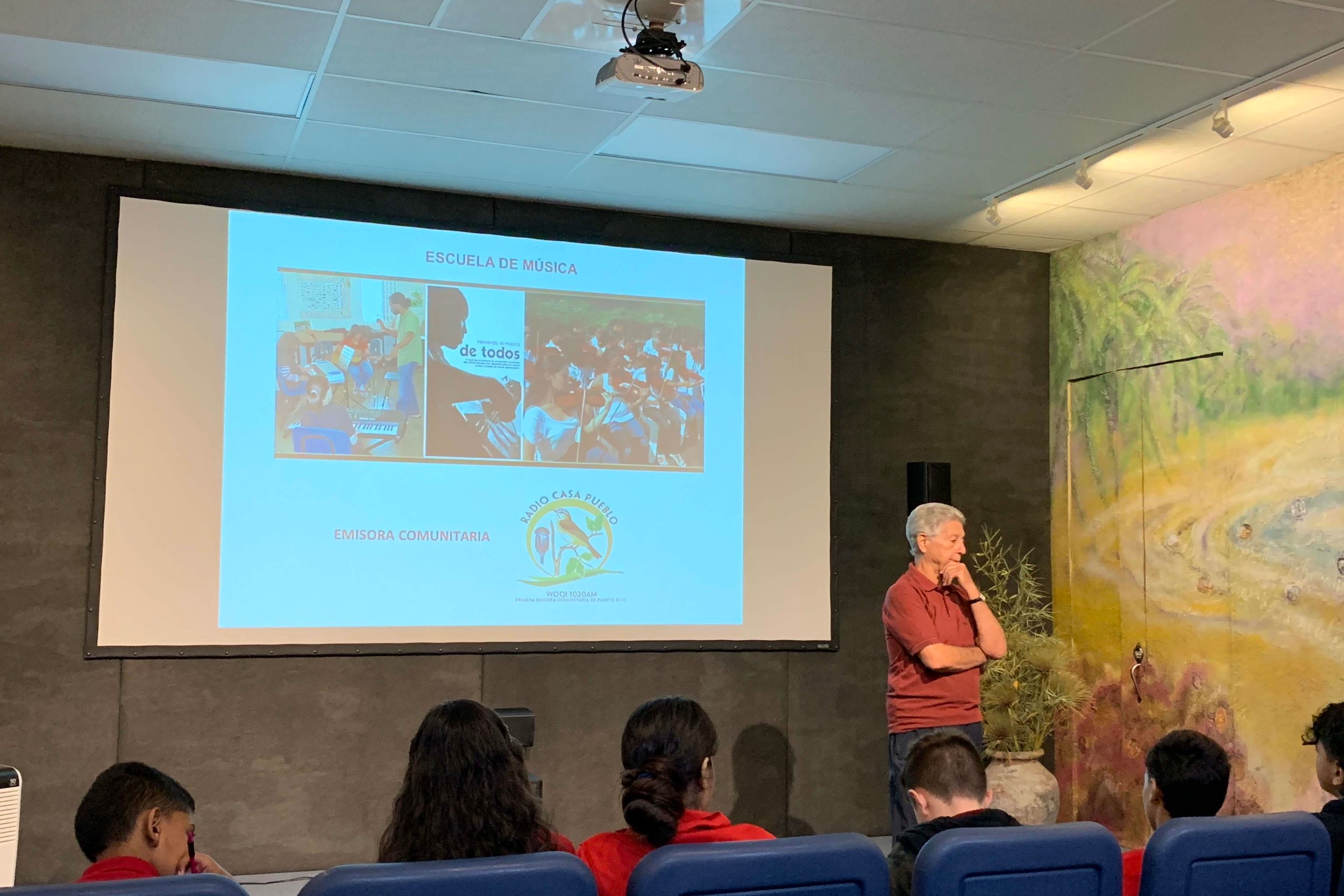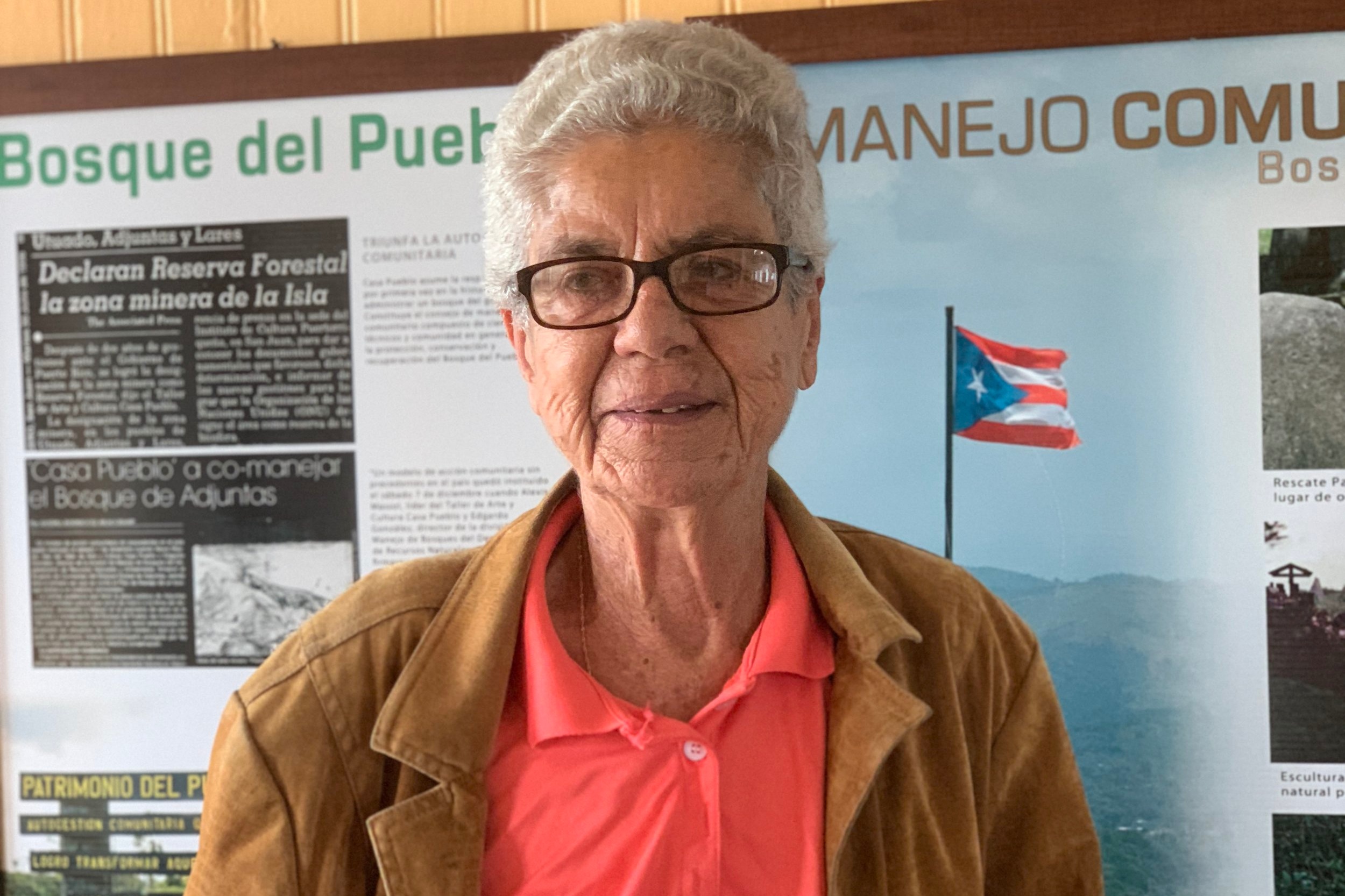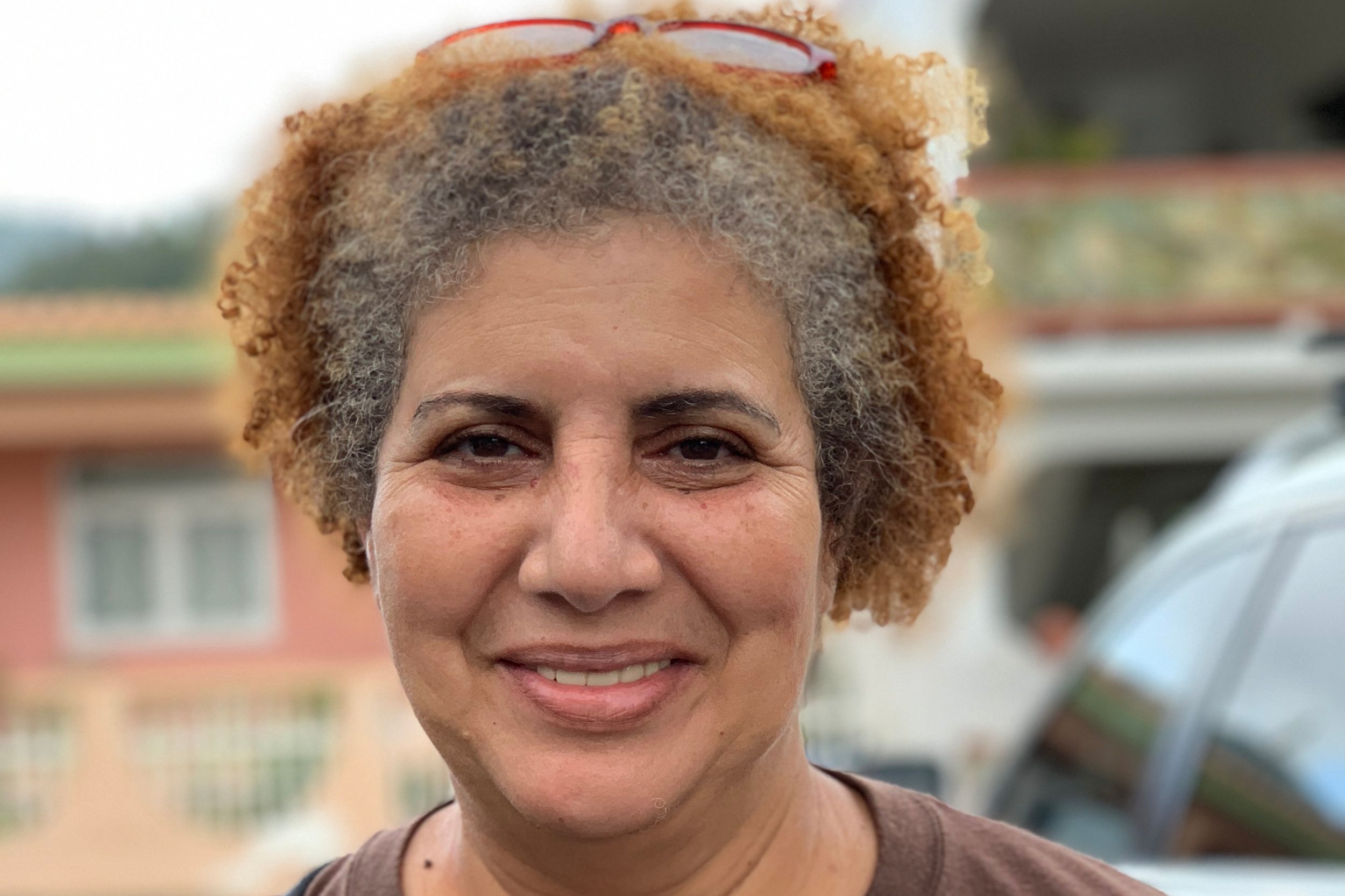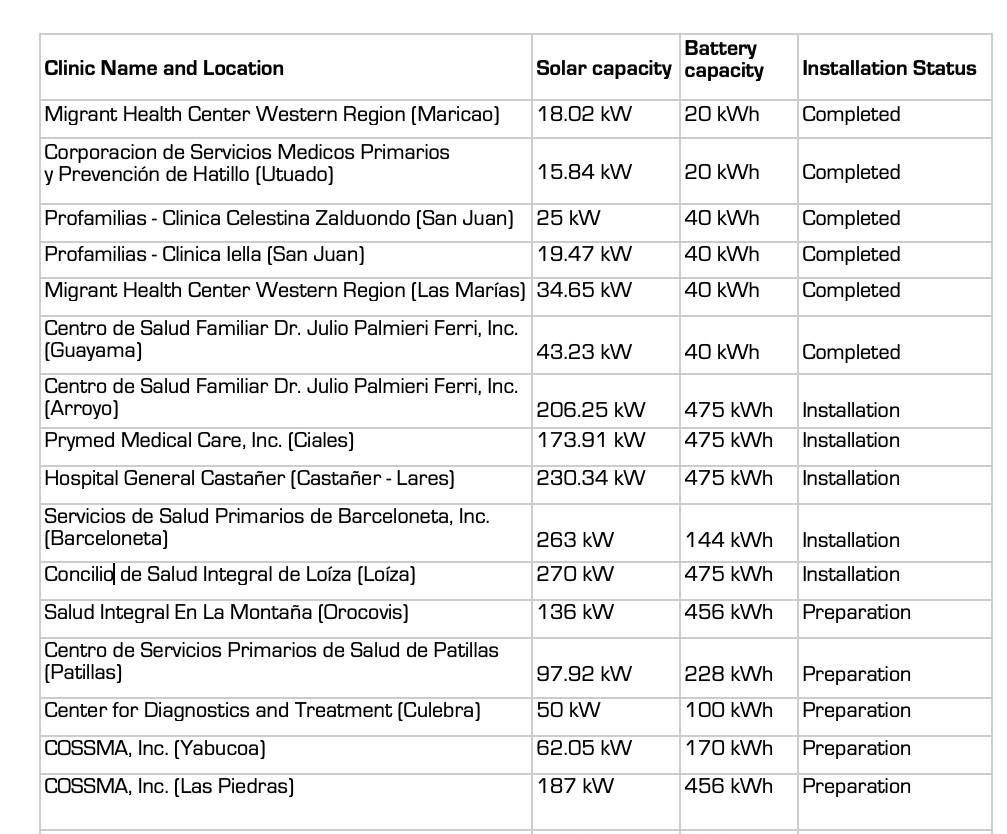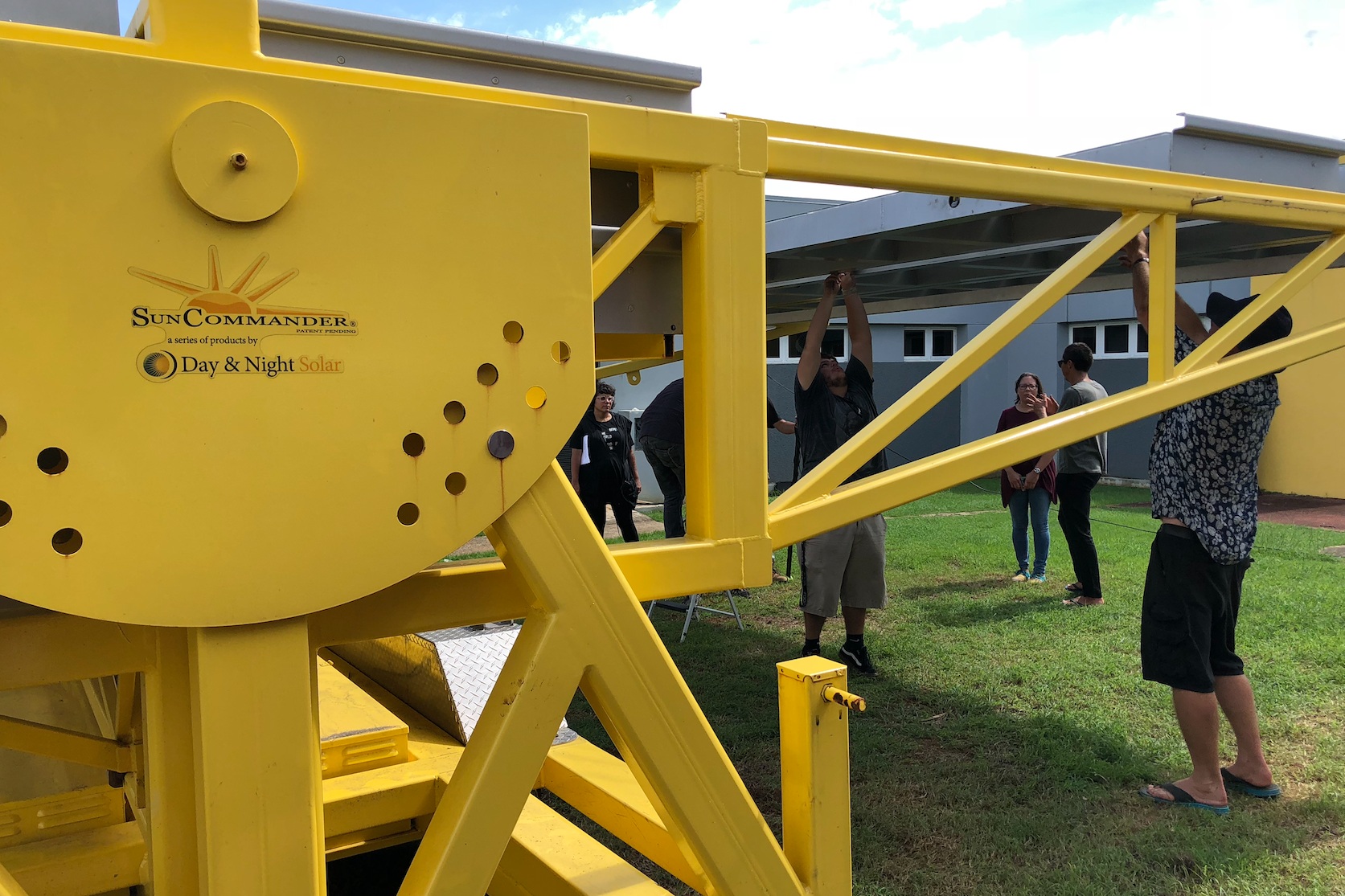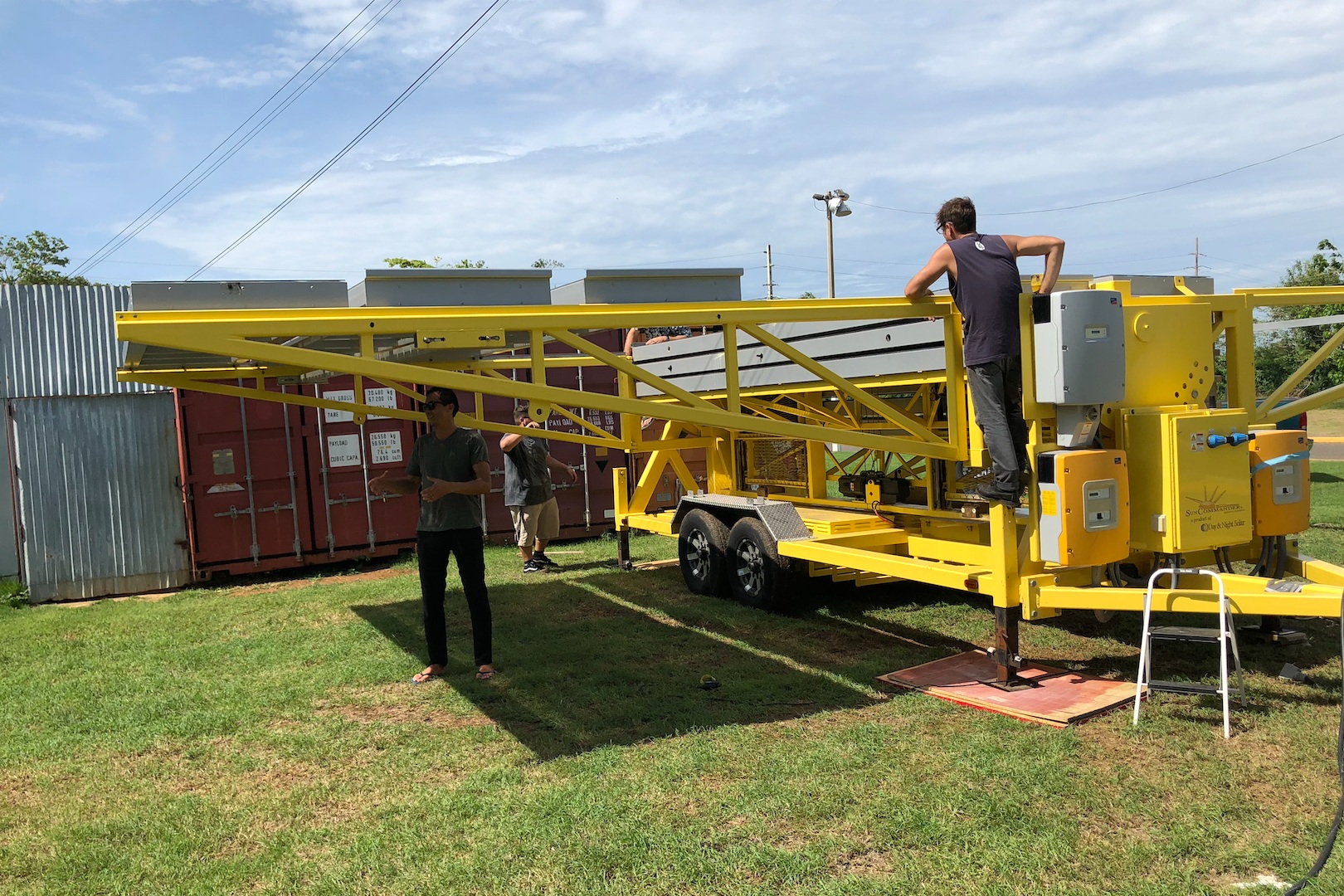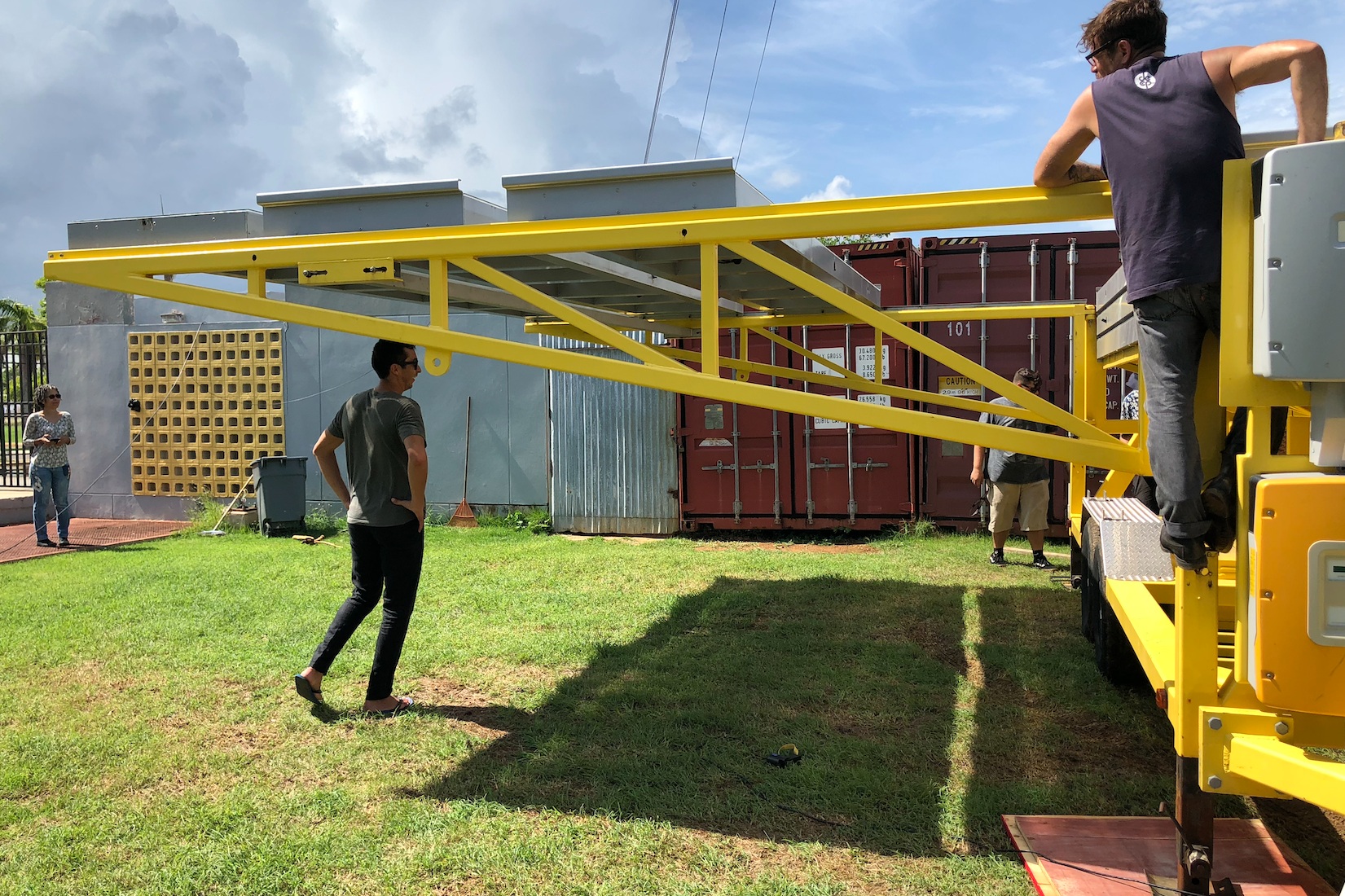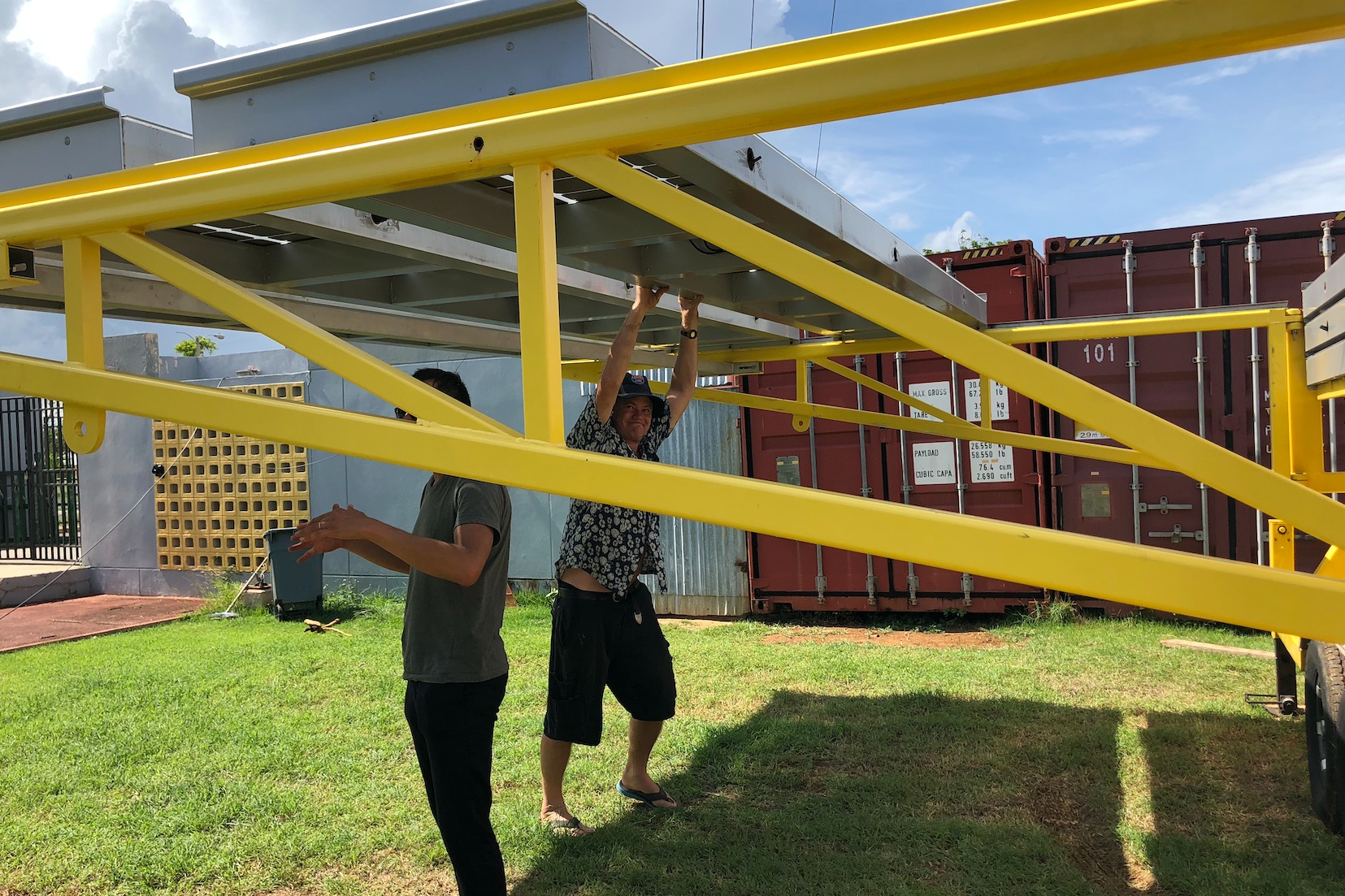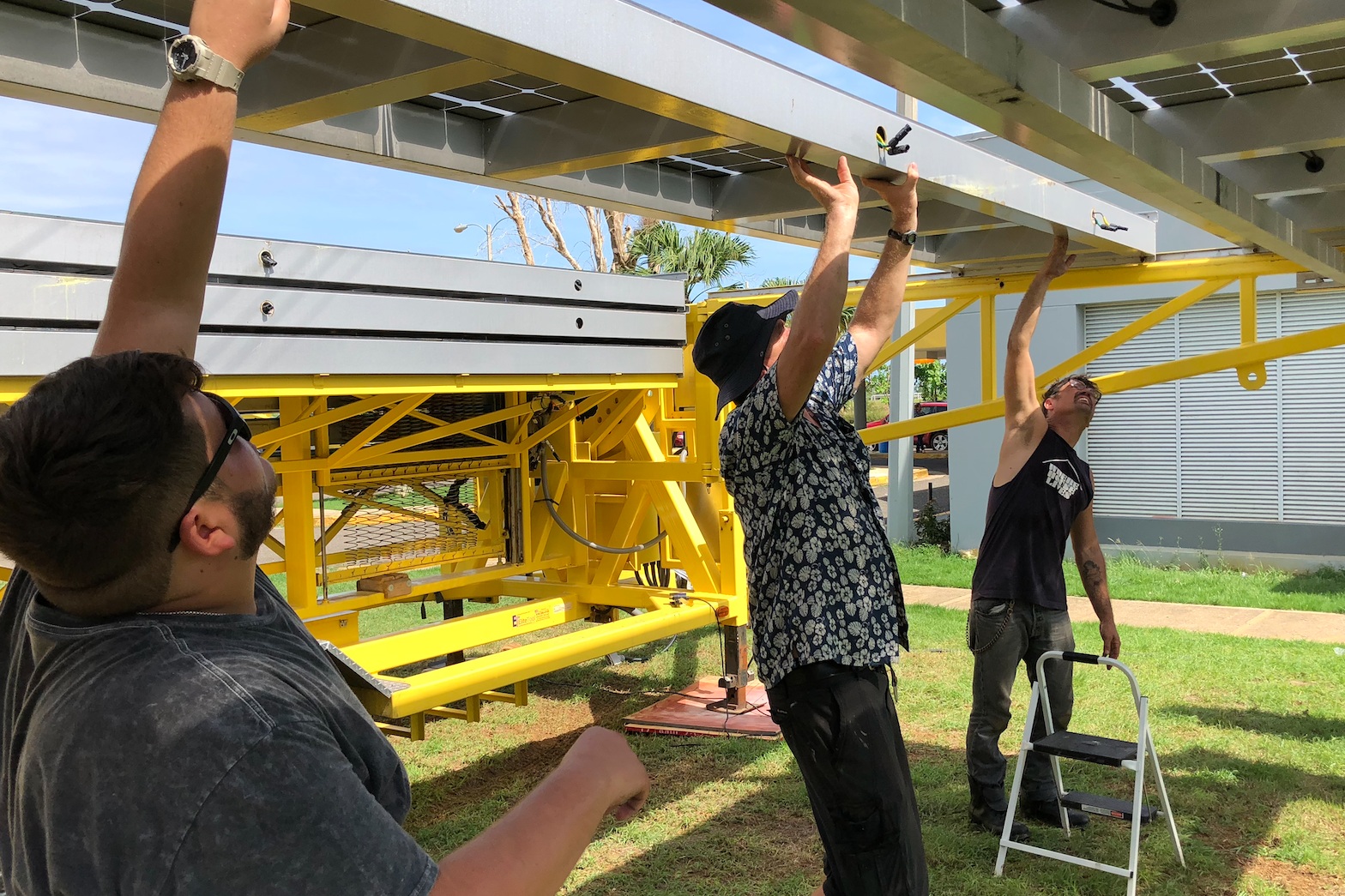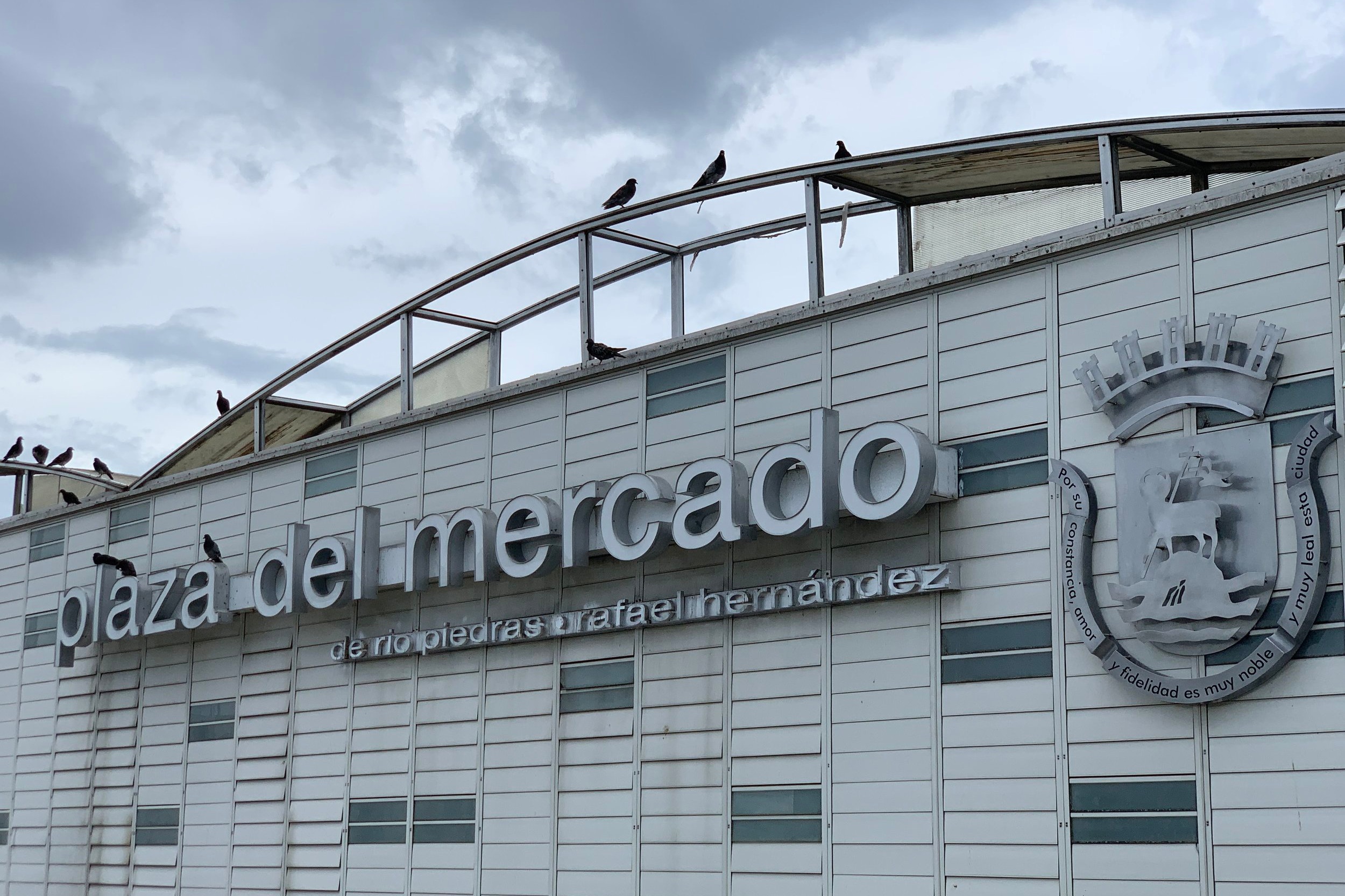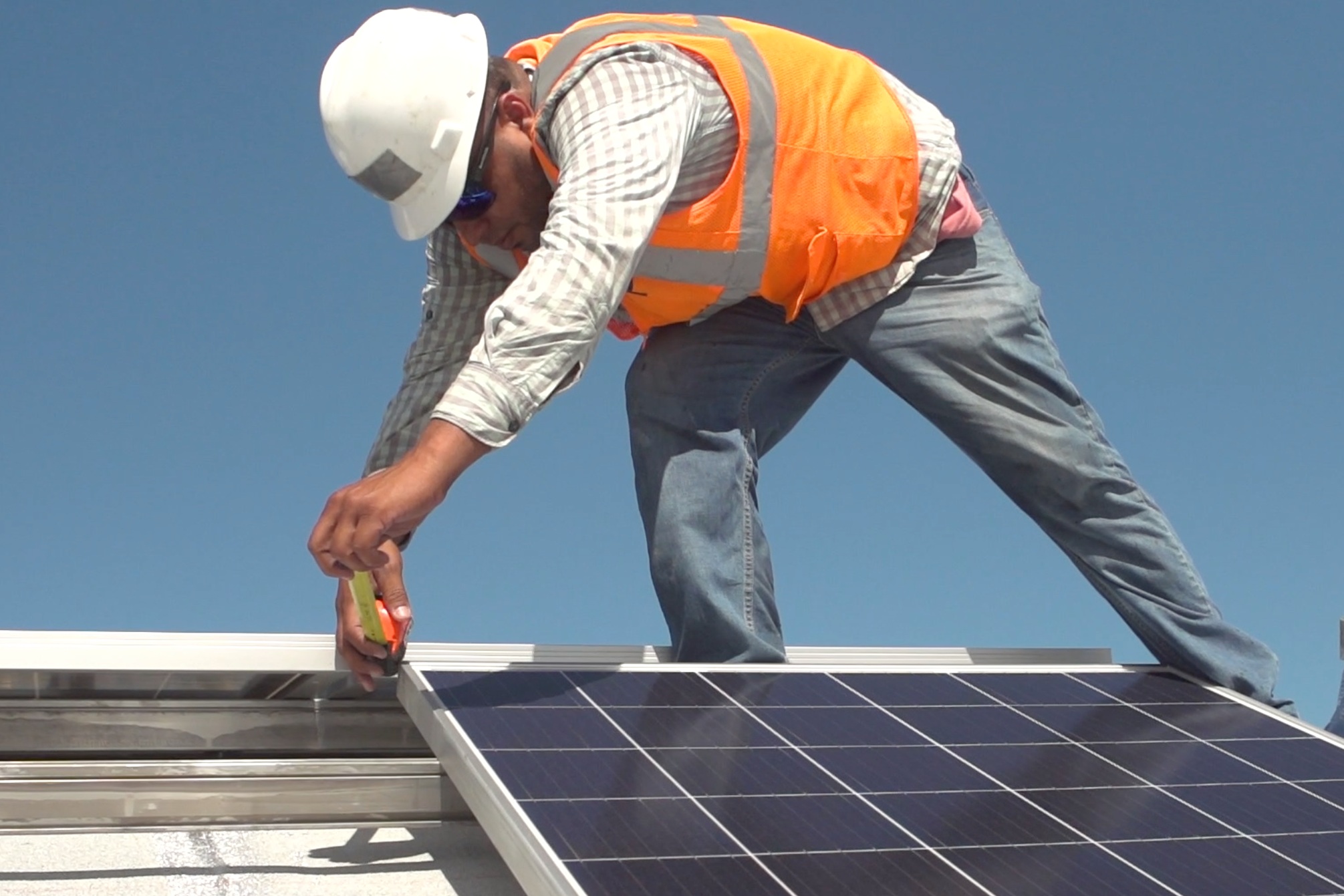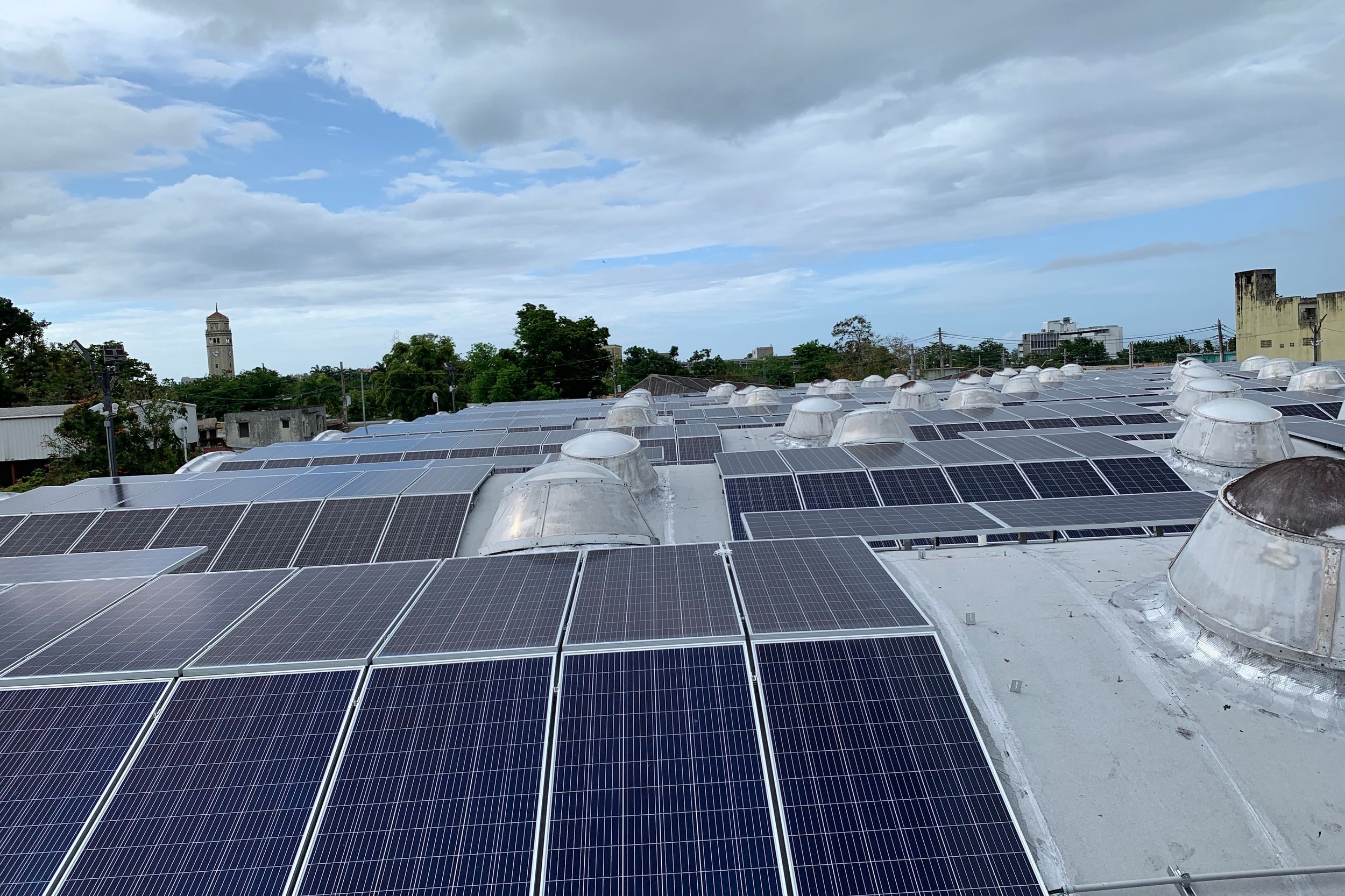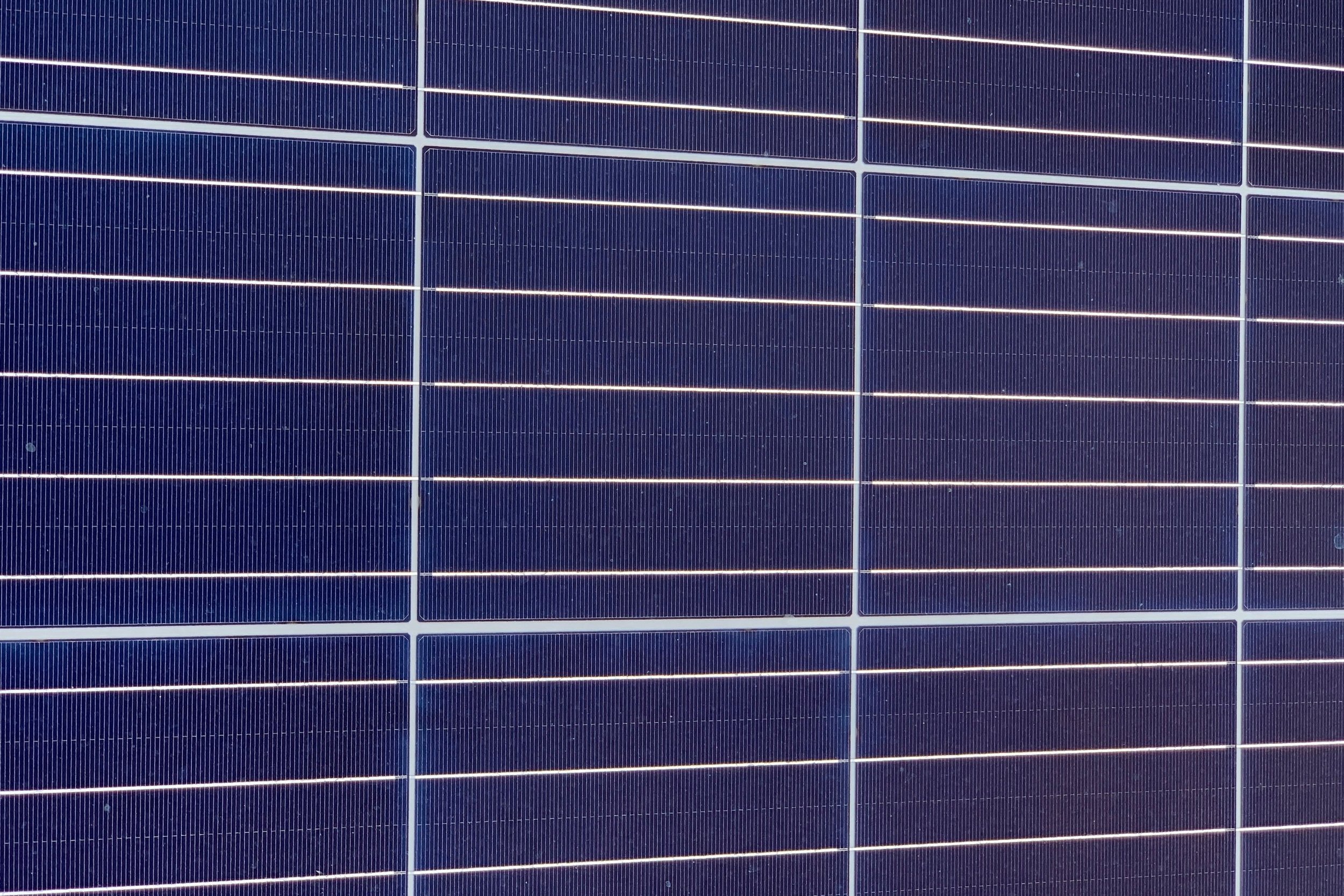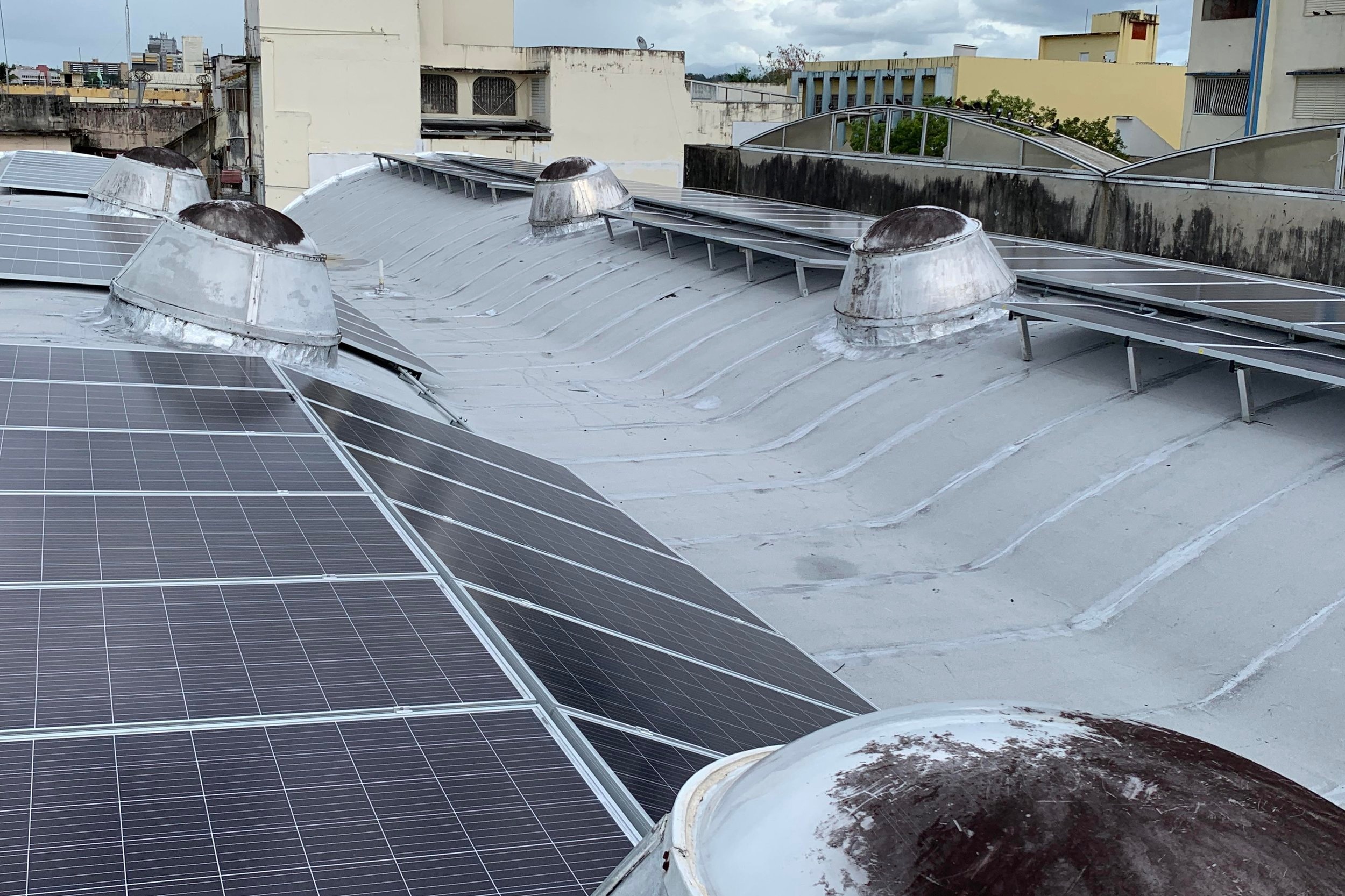The Challenge:
Hurricane María produced the longest blackout in U.S. history and left much of Puerto Rico without energy for almost a year. Today, the aging power grid remains in precarious conditions resulting in intermittent power loss across the island. The island needs to upgrade its energy grid, move towards renewable green energy, and be prepared for other emergencies that might threaten the existing power and communications sources.
How is Hispanic Federation Helping?
We’re supporting, through partnerships and grants, the creation of reliable and durable green power sources for home and institutional use, including critical facilities, community centers and homes in isolated areas that can serve as disaster relief hubs when future disasters hit.
Who Are We Helping?
Para La Naturaleza (Humacao and Vieques)
Para la Naturaleza knows the critical importance of powering and sustaining community centers that Puerto Ricans can turn to in a crisis. With support from HF, Para la Naturaleza outfitted two community centers with solar panels and storage batteries. Para la Naturaleza’s goal, in partnership with Resilient Power PR, is to power 100 community centers with solar energy.
Instituto Nueva Escuela (Yabucoa, Vieques and Humacao)
The Instituto is piloting innovative ways to ensure schools can continue to serve the community when disaster strikes. HF has funded the Instituto’s purchase of three Off-Grid Boxes, mobile solar and water filtration systems that can provide electricity and portable water to stricken communities.
The purpose of this project is to promote energy sustainability while continuing offering educational services in these schools in times of atmospheric events.
Casa Pueblo (Adjuntas)
Casa Pueblo has been using renewable energy to increase community self-sufficiency for almost four decades. Hispanic Federation (HF) contributed to its visionary “50%conSOL” campaign, which aims for 50% island-wide solar power usage. HF funding helped install local solar system energy hubs in 16 homes, and train residents to become resiliency hubs with power if a blackout occurs. Targeted homes included families with members at high health risk.
Solar Saves Lives (Island-wide)
Many of the lives lost after María were a result of the inability to access medical services, which was in part due to the lack of energy to power and open medical centers. HF partnered with the Clinton Foundation, The Solar Foundation, Direct Relief, the Helmsley Charitable Trust and others, to fund the installation of solar and storage at clinics in the network of Federally Qualified Health Centers (FQHCs or “330s”) administered by the Asociación de Salud Primaria de Puerto Rico. These clinics provide vital health services to one in 10 Puerto Ricans, mostly the uninsured and those most medically vulnerable. These clinics are located throughout the island, including in many remote and rural areas, and many of those clinics suffered from limited access to grid power after Hurricane María. With solar panels and batteries, clinics are being powered by clean, renewable energy and have the ability to operate critical functions during times of grid power outages and serve communities during a disaster. In addition to protecting lives and supporting resilience, Solar Saves Lives boosted the local economy, as local companies were tapped to perform the installation of solar and storage.
To date, 10 installations have been fully completed. An additional 5 clinics are in process.
All completed installations utilize Tier 1 solar panels and are designed to withstand sustained 145 mph winds.
Solar Libre (Island-wide)
Hurricane María’s devastation revealed a weakened economy and a collapsed energy grid. Yet it also provided a once-in-a-lifetime opportunity to reinvent island-wide electrical production and distribution through renewable energy. To this end, HF partnered with Solar Libre to ship more than 2,000 solar panels, including over 100,000 lbs. of inverters, batteries, solar modules and charged controllers. In the first year after María, local volunteer brigades trained by experts from the U.S. and Puerto Rico, installed solar panels and battery storage systems on 100 community centers to become resiliency hubs. Solar Libre solarized clinics, community centers, water wells, and hydroponic farms across the island. Their training also launched multiple independent brigades, which duplicated their impact across the island. In year two, Solar Libre launched a formal training program that provided paid, one-year apprenticeships to 8 university students, with priority to young women, to receive hands-on education in solar energy. The students installed solar panels and battery on 164 community centers and businesses. Upon completion from the apprenticeship, students are now qualified to compete for mid-level roles at local solar energy companies where local talent is in high demand.
Plaza del Mercado de Río Piedras (San Juan)
In coordination with the municipality of San Juan, and partners including the Clinton Foundation, The Solar Foundation, and Center for Disaster Philanthropy are installing a solar and battery storage system at the Mercado and making basic energy efficiency upgrades for the market to reduce overall energy consumption. The Mercado is the largest produce market in Puerto Rico, and houses services such as a medical clinic. The market provides space for nearly 200 small business owners to operate shops and restaurants. The San Juan Local Municipality identified the market as a candidate for solar energy to ensure the continued operation of businesses, protect the livelihoods of vendors, and safeguard the market's historic and economic role in Río Piedras.
El Puente (Island- wide)
El Puente de Williamsburg (“El Puente”) is a New York- based nonprofit organization which has worked with community sustainability and the integration of strategies to address climate change. They launched El Puente Latino Climate Action Network/Enlace Latino de Acción Climática (LCAN/ELAC) in Puerto Rico to continue community education and island-wide grassroots organizing on climate change as well as pilot the initiative “puente pa’l sur ” to address the needs of earthquake impacted communities in the southwestern part of the island. HIF funding has been allocated to support general operations of these efforts in Puerto Rico and continue said crucial work to ensure awareness on climate change and the importance of green energy on the island.

